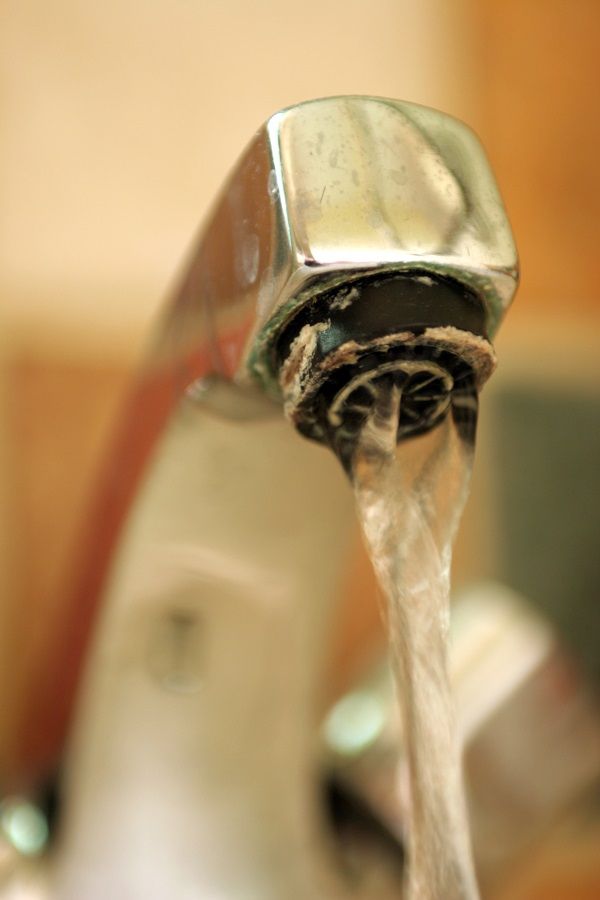
You might not notice that the grass has been turning brown if you use sprinklers. During a dry summer, do your best to limit the use of your sprinklers by only using them a few times a week. When you are using your sprinklers, time them to go off when the sun is not out. Dusk and dawn is the best time to use your sprinklers because the water won’t evaporate like it would when the sun is up. Do this also while watering flowers and other plants around your home.
Timing the length of your showers will also help limit your water usage during a dry summer. You can do this by setting a timer or making a shower playlist if you enjoy listening to music in the shower. You can easily get clean by taking a five minute shower versus a 10 minute shower and you’ll save a lot of water by doing this. While shaving, turn the water off to conserve water even more. During summers with very limited rain, you should also eliminate any baths as they require a great deal of excess water.
When doing the laundry or using the dishwasher, always wait until you have a full load. This should not only be done during times of low rain, but all year round. This will not only conserve water, but will lower your water bill.
Some people use the toilet as a way to dispose of trash. One flush can use up to four gallons of water. Throw tissues and other waste into the trash and only flush the toilet after actually using the toilet.
More permanent changes can be made to conserve water throughout the year. These changes include; installing a low flushing toilet, installing a low-flow showerhead or changing the nozzle on the garden hose to a self-closing one. At any rate, making any of the changes mentioned above will help conserve water and will help prevent your well from running dry during a draught.





